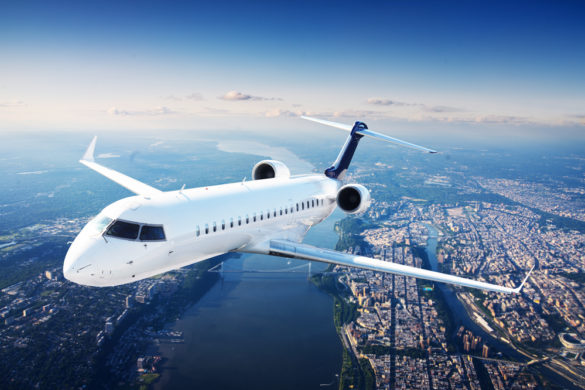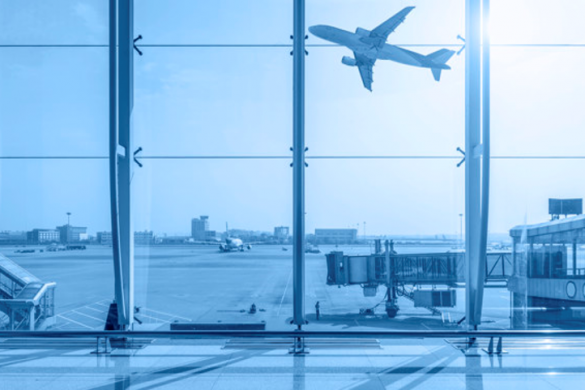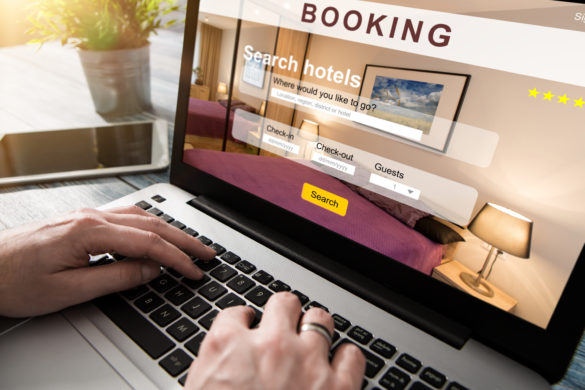Travelling through the UK by train is not only a quintessentially British experience but also a practical way to explore the breadth of the country without the high costs associated with other forms of transport. For those of us who are budget-conscious, understanding how to navigate the rail system economically is essential.
Implementing cost-reducing strategies can significantly decrease the expense of rail travel, allowing for a deeper exploration of Britain’s rich landscapes and cultural offerings without breaking the bank.
UK Rail Budgeting
One of the first steps in budget rail travel is planning. Early preparation can lead to substantial savings, especially when purchasing tickets. Understanding the types of tickets available and their respective conditions is crucial. Tickets are generally categorised into Advance, Off-Peak, and Anytime.
Each type offers different benefits and restrictions, which can impact the cost of travel. For instance, Advance tickets are cheaper but must be purchased ahead of time and are often non-refundable. Off-peak tickets offer more flexibility without the premium price of Anytime tickets, which provide the utmost convenience at a higher cost.
Ticket Types and Booking
Opting for Advance tickets is a savvy move. These are available up to 12 weeks before the travel date and are among the most affordable options, provided one’s travel plans are set in stone. The key here is the early bird approach—booking as soon as the tickets are released can lead to significant savings. For those with flexible schedules, travelling during off-peak times avoids the premium prices of peak hours. Typically, peak times are during the morning and evening rush hours on weekdays, when the demand for travel is highest due to commuter traffic. Avoiding these times saves money and often provides a more relaxed journey away from the bustling crowds.
Another little-known tip is the potential savings from purchasing two single tickets instead of a standard return ticket. In some cases, this can be cheaper and offers more flexibility in travel times. Additionally, booking directly through the train operators’ websites can further reduce costs by eliminating the fees often tacked on by third-party booking platforms.
Ticket Splitting and Special Tickets
Beyond standard ticket purchasing, there are clever ways to save through what is known as ‘ticket splitting’. This involves buying separate tickets for different segments of the same journey without changing trains. It exploits pricing anomalies where, paradoxically, shorter trips summed together cost less than a direct long-journey ticket.
Moreover, special ticket types are designed for more complex travel plans, such as SailRail tickets, which are particularly cost-effective for those travelling to Ireland from Britain. They combine rail and ferry travel at a reduced rate, offering a scenic alternative to air travel.
Split ticketing, though requiring a bit more research and effort, can be significantly cheaper and is a testament to the quirks of the UK’s rail pricing structures. Using dedicated websites and apps that calculate the cheapest combinations can automate this process, making it more accessible for everyday travellers.
Railcards and Group Discounts
For regular travellers and certain demographics, railcards offer an indispensable way to save up to a third on rail fares. Several types of railcards, including those for youths, seniors, and families, each catering to specific groups. These cards typically pay for themselves after just a few trips and are a must-have for anyone looking to travel by train frequently. For group travel, options like Groupsave allow small groups to travel together on one ticket at a reduced rate, which is perfect for families or groups of friends.
Furthermore, tourists should consider passes like BritRail, which provides unlimited travel across the country for a set period. This can be an excellent value for visitors planning to cover extensive ground. However, it’s crucial to distinguish these from the options available to UK residents, which cater to different travel needs and budgets.
Accommodation and Travel Experience Enhancements
Sleeper trains offer a unique way to combine travel and accommodation costs for those embarking on longer journeys. These trains provide various cabin types and onboard facilities, allowing travellers to rest comfortably while moving to their next destination. This saves on a night’s accommodation and makes efficient use of travel time.
Scenic routes are another fantastic aspect of train travel in the UK. Trains such as those traversing the West Highland Line in Scotland offer breathtaking views and a memorable travel experience that goes beyond mere transit. Platforms like Seat Frog allow travellers to bid for upgrades to first-class at a fraction of the usual cost, potentially enhancing the travel experience significantly.
Digital Tools and Additional Tips
In today’s digital age, leveraging mobile applications for travel can lead to better deals and more convenient trip planning. These apps offer real-time updates, digital ticketing options, and exclusive online discounts, often unavailable at station ticket offices.
Travellers can also save by bringing their own food and beverages, as onboard options are typically priced at a premium.
Environmental and Promotional Considerations
Given the pressing issue of climate change, it’s increasingly important to consider the environmental impact of our travel choices. Rail travel stands out as one of the most sustainable methods of transportation. Trains emit significantly less carbon dioxide per passenger kilometre than cars and aeroplanes, making them a preferable option for eco-conscious travellers. This is not just a matter of reducing individual carbon footprints; it’s about contributing to a broader shift towards sustainable travel practices that can help mitigate the long-term effects of climate change.
Promoting this eco-friendly way to travel, rail operators often run special promotional campaigns that align with environmental initiatives. For instance, many rail companies across the UK participate in promotions that encourage the use of public transport over personal vehicles, such as offering discounted fares during national bike-to-work weeks or partnering with sustainable tourism campaigns. These initiatives offer cost savings and align with a commitment to environmental stewardship.
Furthermore, travellers can also benefit from promotional deals that include 2-for-1 offers on tickets, especially popular in major cities like London. These offers are often tied to cultural events or seasonal promotions, providing an additional incentive to explore various UK destinations economically. Moreover, ticket holders can sometimes enjoy discounted or free entry to attractions, adding value and encouraging the exploration of cultural and historical sites across the country.
Navigating Refunds and Compensation for Delays
Understanding the compensation schemes available for train delays and cancellations can alleviate some potential stress associated with travel disruptions. Most UK train operators adhere to a Delay Repay scheme, which entitles passengers to compensation for delays of 15 minutes or more, regardless of the cause. Familiarising oneself with the details of these schemes and how to claim compensation can ensure that travellers are not left out of pocket due to unexpected delays.
The process for claiming refunds is typically straightforward, often requiring just completing an online form and submitting ticket details. Being proactive about these claims and keeping track of travel times can turn a frustrating delay into a less burdensome experience, with at least some financial restitution.
Concluding Thoughts
Travelling through the UK by train offers a blend of comfort, convenience, and cost-effectiveness, making it an ideal choice for budget-conscious tourists and residents alike. By planning ahead, utilising digital tools, and taking advantage of promotions and railcards, travellers can explore the rich tapestry of the UK’s cities, countryside, and coastlines without straining their finances. Moreover, the train journey itself can be part of the adventure—providing scenic views, a chance to relax, and the opportunity to engage with local culture and fellow travellers.
The integration of sustainable practices and the push towards more environmentally friendly travel options further enhance the appeal of rail travel. As we continue to seek ways to explore and connect within our means and in harmony with the environment, train travel stands out as a wise choice, promising memorable experiences and fostering a deeper appreciation of the landscapes and communities across the United Kingdom.














